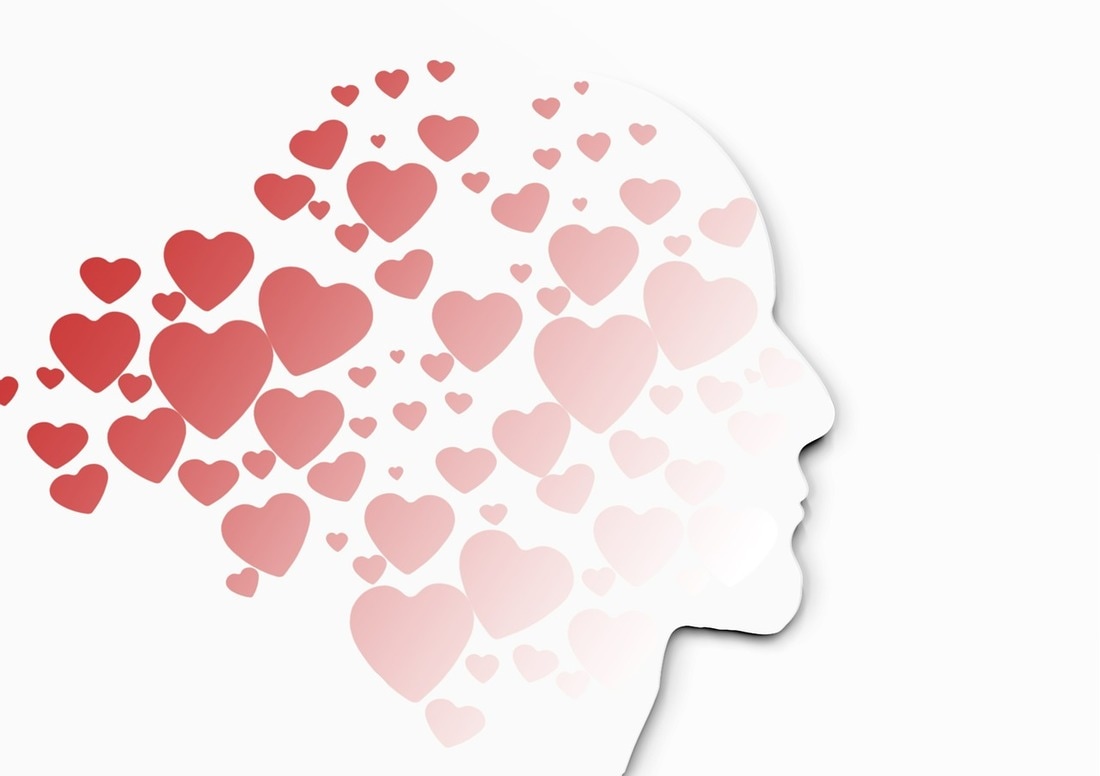---------------------------------------------------
Schuyler and Tryne both sheltered Jews from the Nazis during the occupation of the Netherlands. They did so, however, for quite different reasons.
Tryne was a woman whose acts of kindness were purely spontaneous. Suffering and need spoke to her heart and she responded without thinking. Friends admired her generosity of spirit, but sometimes reminded her that the road to hell was paved with good intentions. "You may feel moved to give money to a beggar," they would say, "but what if he then spends it all on drugs?" Tryne was unmoved by such worries. In the face of human need, all you can do is offer a hand, surely?
Schuyler, in contrast, was known as a cold woman. The truth was that she didn't really like many people, even though she didn't hate them either. When she helped others, she did so because she had thought about their plight and her duties, and concluded that helping was the right thing to do. She felt no warm glow from her good deeds, only a sense that she had chosen correctly.
Who of Schuyler and Tryne lived the more moral life?
Baggini, J., The Pig That Wants to Be Eaten, 2005, p. 238.
---------------------------------------------------
Pretty straightforward. As you can see, there's no other source material for this one, which would imply it's an invention of Baggini himself. So, let's hear how he ends the discussion of this one to see what exactly he would like us to consider:
The trite solution to the dilemma is simply to say that goodness requires a marriage of head and heart. ... This is almost certainly true, but it avoids the real dilemma: is it how we feel or how we think that is more important in determining whether we are morally good human beings?
So what's your non-trite solution to this dilemma? I'll be back on Friday with a heart-felt response of my own.


